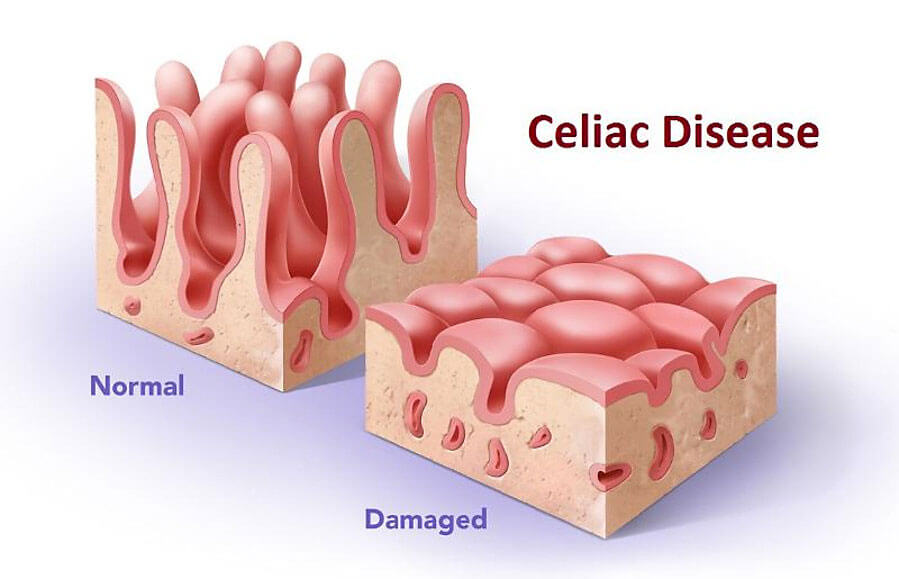“Vita” meaning life, and “min” stands for mini. Thus, although required in minimal amounts, these substances are essential for life. Multivitamin benefits those individuals who are on nasogastric feeding or have a chronic diarrheal state.
Vitamin D can be produced in sufficient amounts by the skin if the body is exposed to the sun for twenty minutes a day.
Vitamin B12 reserves of the body are sufficient for five years and those of Folic Acid for six months. Likewise, Vitamin K is produced in sufficient amounts by the body for its use with the help of the gut flora.
Sources of Vitamins

In fact, a balanced diet, not only provides vitamins in adequate amounts in natural form but also other natural nutrients like fiber, anti-oxidants omega acids, trace elements etc. which are beneficial in the prevention of diseases and promotion of health.
Do not take Vitamins supplements, eat a healthy diet and you won’t need any supplements
Natural sources are the best. Artificial Vitamin preparations may be used when deficiencies are found, which are very rare except in disease states. Furthermore, vitamin supplements should be taken in appropriate doses and for justifiable period of time.
Few examples of diseases caused by the deficiency of Vitamins – Individuals who really need vitamins
Vitamins deficiency diseases like Beriberi, Pellagra, Pernicious anemia etc are generally not seen in Pakistan.
Mal-absorption syndromes like celiac disease and Crohn’s disease lead to a deficiency of fat-soluble vitamins. These include Vitamin A, D, E and K.

Vitamin B6 or pyridoxine deficiency can be seen in patients on isoniazid treatment for tuberculosis.
Similarly, Folic acid deficiency can be seen in patients using antifolate drugs like Methotrexate and Phenytoin and where cell turn over is high like in pregnancy and hemolytic anemia.
Can Vitamin supplements be harmful?
Vitamins in excessive amounts may result in serious toxic effects.
Examples:
- Vitamin A causes intra-cranial hypertension, liver failure, course rough skin, dry hair and raised ESR, calcium, and serum alkaline phosphates. Vitamin A may cause serious birth defects like Malformations of the CNS, Heart and thymus and craniofacial defects. Women who are or may become pregnant are advised not to take Vitamin A supplements including fish oil and liver products.
- Vitamin D toxicity may result in renal failure, renal stones, psychiatric problems, dehydration and of course hypercalcemia.
- Vitamin C in high doses can cause renal stones
- Although B complex vitamins are water soluble and their toxicity is rarely seen but neurological defects have been observed. Niacin has been associated with a high incidence of lung carcinoma (if used in excess of 6gm/day, causes DNA damage and mutagenesis).
- Vitamin E can cause serious intracranial bleeding and lead to heart failure. It is a pity to see “Vit E” being used by the doctors including cardiologists in mega-doses and that too along with anti-platelet drugs on a large scale. Likewise, a clinical trial published in 2011 found that vitamin E increased the risk of prostate cancer in men by 17%.
Multivitamin Benefits in high doses … 4 People who may need high doses of the vitamin supplements …
The only justification for the use of a vitamin in mega dose is of
- Vitamin A, 1 or 2 doses in measles to prevent the occurrence of blindness due to the development of corneal opacities. Of course, this is a failure of providing basic immunization and lack of proper nutrition.
- Vitamin D in hypocalcemia due to hyperparathyroidism, intestinal malabsorption, and chronic liver disease. Patients should have plasma calcium levels checked weekly or when Nausea/vomiting occurs. Breast milk contains vitamin D so women taking pharmacological doses of Vit D may cause hypercalcemia if an infant is fed on it.
- High doses of nicotinic acid in hyper-lipidaemias. SIDE EFFECTS include circulatory disturbances, flushing, wheezing, hyperglycemia, hyperuricemia, and liver function disturbances.
- High doses of Vit B6 (Pyridoxine) are used for rare metabolic disorders hyperoxaluria and sideroblastic anemia.
Multivitamins are used as placebos in most patients
Some clinicians use vitamin preparations as a placebo but by definition, a placebo should be harmless and inexpensive therefore for this purpose only a low dosage vitamin preparation is justifiable.
If a patient for some reason is unable to take enough nutrition it is rational to prescribe a balanced food supplement preparation containing all essential constituents of diet like carbohydrates, proteins and fats along with needed amounts of vitamins and trace elements, rather than prescribing high doses of vitamin preparations.
Do not prescribe multivitamins in high doses as placebos, advocate a balanced, natural and a healthy diet.
Why are multivitamins misused?
Faulty assumptions. For example, scientists long have observed that people with high levels of an amino acid called homocysteine are more likely to have heart attacks.
Because folic acid can lower homocysteine levels, researchers once hoped that folic acid supplements would prevent heart attacks and strokes. In a series of clinical trials, folic acid pills lowered homocysteine levels but had no overall benefit for heart disease
Studies of fish oil also may have led researchers astray.
Fish eaters have fewer heart attacks!!
Fish contain Omega-3 fatty acids. Rigorous studies have failed to show any benefit.


People who have fish for dinner may be healthier because of what they don’t eat, such as meatloaf and cheeseburgers.
In Conclusion …
“Vitamins are not inert,”
They are biologically active agents. We have to think of them in the same way as drugs. If you take too high a dose of them, they cause side effects.